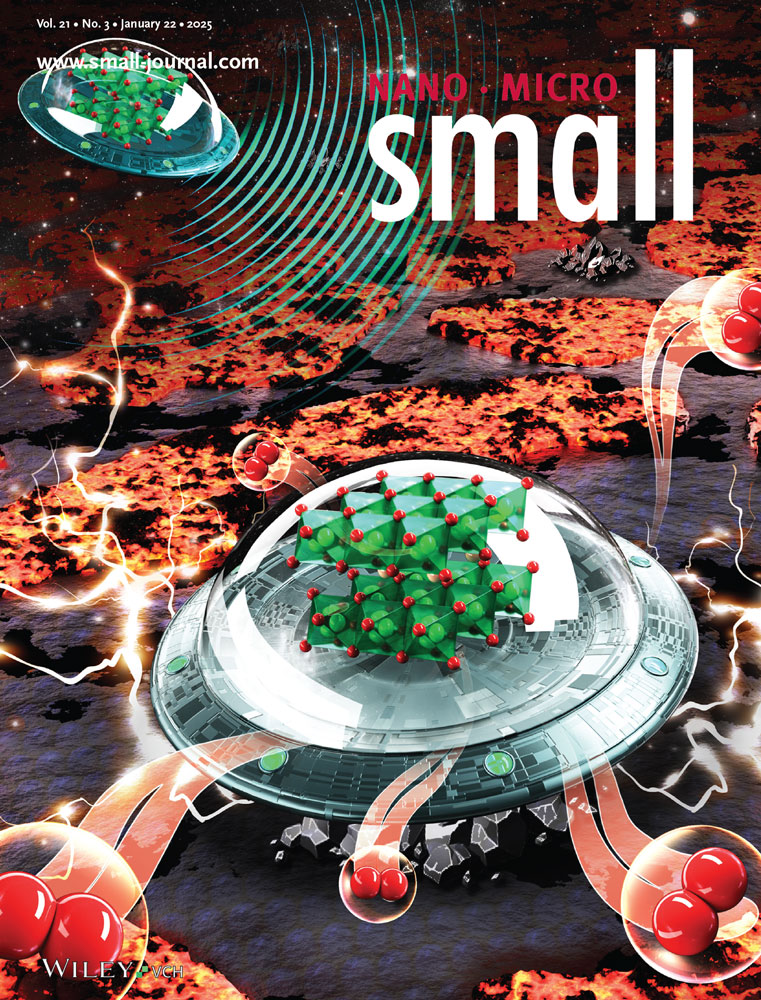Harnessing the Engineered Probiotic-Nanosystem to Remodulate Tumor Extracellular Matrix and Regulate Tumor-Colonizing Bacteria for Improving Pancreatic Cancer Chemo-Immunotherapy
Abstract
Poor chemotherapy efficacy in pancreatic cancer is attributed to limited drug permeation caused by the dense extracellular matrix (ECM) and drug degradation induced by tumor-colonizing bacteria. Here, a tumor-targeting probiotic-nanosystem is elaborately designed to remodulate ECM and selectively regulate tumor-colonizing bacteria for improving chemo-immunotherapy against pancreatic cancer. Specifically, drug-loaded liposomes are conjugated with Clostridium Butyricum (CB) via matrix metalloproteinase-2 (MMP-2)-responsive peptide to construct a probiotic-nanosystem. Particularly, vactosertib (VAC, a transforming growth factor-β1 receptor inhibitor) is delivered by probiotic-nanosystem to silence the active pancreatic stellate cells (PSCs) for inhibiting the development of ECM, resulting in a loosened ECM and providing a golden opportunity for the deep penetration of chemotherapy drugs and immune cells. Subsequently, gemcitabine (GEM) is efficiently delivered into the core of tumors via probiotic-nanosystem, achieving an enhanced chemotherapy efficacy. Noteworthily, CB can alleviate γ-proteobacteria-mediated GEM degradation through competitively reducing the contents of γ-proteobacteria and promoting the amounts of tumor-inhibiting bacteria, thereby significantly potentiating the therapeutic effect of GEM. The engineered probiotic-nanosystem can not only enhance the GEM-induced immunogenic cell death (ICD) of a pancreatic tumor to activate antitumor immune responses but also markedly increase the tumor-infiltration of effector immune cells to heighten tumoricidal immunity, offering a promising strategy for chemo-immunotherapy of pancreatic cancer.
Conflict of Interest
The authors declare no conflict of interest.
Open Research
Data Availability Statement
The data that support the findings of this study are available from the corresponding author upon reasonable request.




